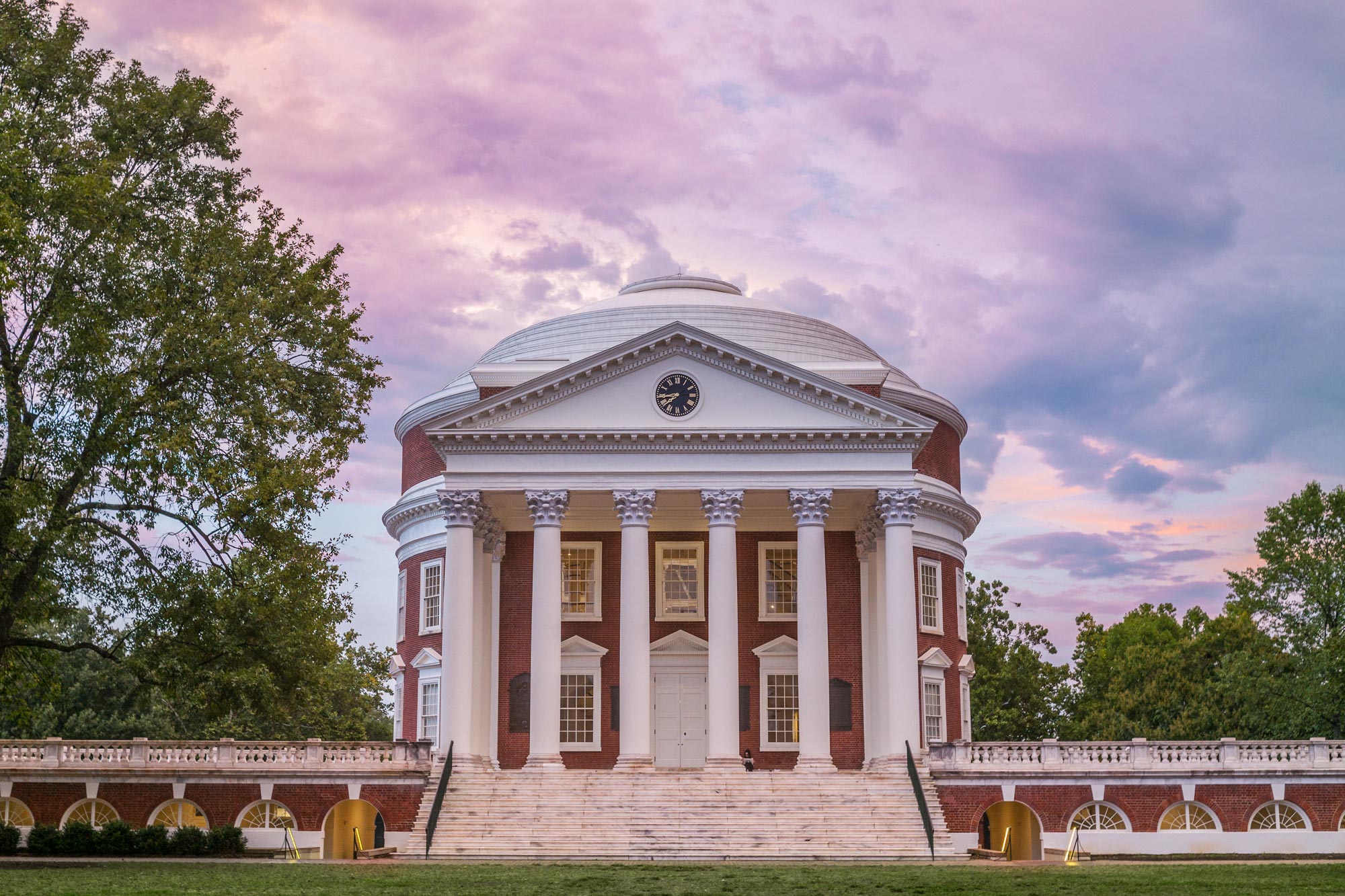Find the latest information on the University’s response to the coronavirus here.
University of Virginia President Jim Ryan on Monday announced the creation of a $2 million emergency fund to assist workers furloughed by contractors and a separate $1 million contribution to the Charlottesville Area Community Foundation.
In a message to the University community, Ryan said the new fund and the contribution were part of UVA’s commitment to “doing our best to be a good neighbor and to live our values.”
“That means, among other things, doing what we can to support our most vulnerable community members,” he said.
The emergence of the COVID-19 pandemic has dragged economic activity across the globe to a near standstill. With Virginians and residents across the nation either directed or encouraged to minimize interaction with those outside their immediate households, millions of Americans have suffered job losses or reduction of work.
UVA, which moved its courses online and mandated remote work for those who are able, has kept its employees on its payroll and plans to do so for as long as possible, Ryan said. Some University contractors, including food services provider Aramark, have furloughed employees, and others may also eventually do so.
“These workers are entitled to state and federal unemployment benefits, as well as some benefits being offered directly by their employers,” Ryan said. “It has become clear that these benefits are not flowing as quickly as any of us would like, and that our contract workers need immediate assistance. It is also clear that there may be a gap between the relief available from unemployment benefits and meeting the necessities of life. Our own employees may also be facing unexpected costs due to the crisis we are all facing.”
The $2 million emergency assistance fund is intended to help furloughed contract workers, but also will be available to UVA employees who are still employed and facing unexpected costs. UVA also will assist furloughed contract workers who need help in applying for state and federal unemployment benefits.
The emergency fund will be operational through June 1, and then reassessed, Ryan said, adding that the University will provide more details this week about how the fund will operate, including a timeline and process for accessing the funds. UVA also will set up a process for employees to donate directly to the fund.
Funding for this project came from one-time funds previously set-aside for community initiatives and staff support that were repurposed for emergency or highest and greatest need.
Community Foundation contribution
“We are also committed to being a good neighbor to the Charlottesville region,” Ryan said in his message to the UVA community. “For that reason, we are also contributing $1 million to the Charlottesville Area Community Foundation to support their efforts to stabilize households during this pandemic.”
UVA’s contribution will support the foundation’s Community Emergency Response Fund, which was created to provide flexible resources to households and organizations in Central Virginia affected by the COVID-19 pandemic.
In a news release Monday, the foundation said it recognizes the needs of these community members and all low-wage workers experiencing hardship. Anyone in need of assistance can call the Community Resource Hotline, 434-234-4490, weekdays between 9 a.m. and 5 p.m. It may take several days for the fund to become fully operational.
“I am pleased to partner with the University during this crisis,” Brennan Gould, president and CEO of the Community Foundation, said. “While this health pandemic does not discriminate based on socioeconomic position, we do know that existing economic inequities position low-wage workers to be the most vulnerable to its financial consequences. Because of this, we encourage contract workers at UVA and low-wage workers across the region to call the helpline to receive quick assistance.”
Ryan said the University also plans additional steps to support the community and will speak about them soon.
“We face challenges ahead,” he said. “We will only get through them by working together and doing what we can to support each other.”
Media Contact
Article Information
April 6, 2020
/content/ryan-announces-emergency-fund-assist-contract-workers-uva-employees

